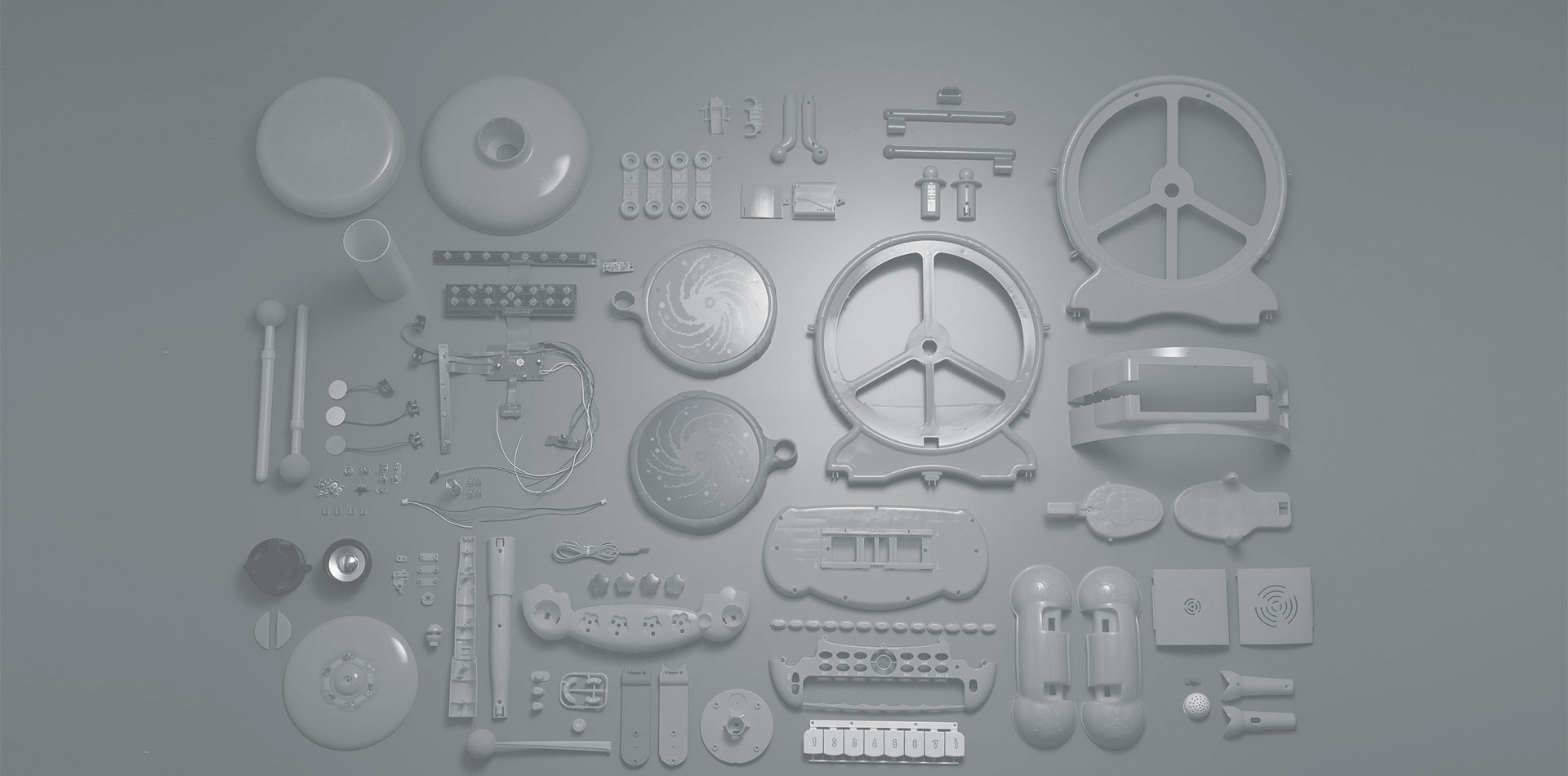The Impact of Cognitive Development Toys on Early Learning
Release time:
2025-11-08
Cognitive development toys are specifically designed to stimulate a child's brain and promote learning through play. These toys are essential tools that encourage critical thinking, problem-solving, and creativity during the formative years. Research shows that the first few years of a child's life are critical for brain development, making it essential to introduce toys that foster cognitive skil
Cognitive development toys are specifically designed to stimulate a child's brain and promote learning through play. These toys are essential tools that encourage critical thinking, problem-solving, and creativity during the formative years. Research shows that the first few years of a child's life are critical for brain development, making it essential to introduce toys that foster cognitive skills during this period.
One of the primary benefits of cognitive development toys is that they encourage active engagement. Unlike passive play, where children merely consume entertainment, these toys require children to think, experiment, and make decisions. For instance, puzzles, building blocks, and memory games challenge children to process information, recognize patterns, and develop spatial awareness. This hands-on approach to learning helps strengthen neural connections in the brain, which is vital for cognitive growth.
Moreover, cognitive development toys often promote social interaction. Many toys are designed for group play, encouraging children to collaborate, share ideas, and communicate with peers. This social engagement is crucial for developing emotional intelligence and interpersonal skills, both of which are key components of cognitive development. By playing together, children learn to resolve conflicts, take turns, and understand different perspectives, which are important skills they will carry into adulthood.
Another important aspect is the diversity of cognitive development toys available. From simple stacking toys for infants to complex science kits for older children, there are countless options tailored to different age groups and developmental stages. This variety allows parents and educators to select toys that align with a child's interests and developmental needs. As children grow, their cognitive abilities expand, and so does their capacity to engage with more complex toys that challenge them further.
Additionally, incorporating technology into cognitive development toys has become increasingly common. Educational apps and interactive electronic toys can provide children with personalized learning experiences, adapting to their skill levels and offering new challenges as they progress. However, it is essential to balance technology use with traditional play to ensure children develop a well-rounded set of cognitive skills.
In conclusion, cognitive development toys are vital in shaping a child's early learning experiences. By encouraging active engagement, promoting social interaction, and offering diverse options, these toys support the foundation of cognitive growth. Parents and educators should consider incorporating a range of cognitive development toys into children's playtime to nurture their intellectual and social capabilities effectively.
One of the primary benefits of cognitive development toys is that they encourage active engagement. Unlike passive play, where children merely consume entertainment, these toys require children to think, experiment, and make decisions. For instance, puzzles, building blocks, and memory games challenge children to process information, recognize patterns, and develop spatial awareness. This hands-on approach to learning helps strengthen neural connections in the brain, which is vital for cognitive growth.
Moreover, cognitive development toys often promote social interaction. Many toys are designed for group play, encouraging children to collaborate, share ideas, and communicate with peers. This social engagement is crucial for developing emotional intelligence and interpersonal skills, both of which are key components of cognitive development. By playing together, children learn to resolve conflicts, take turns, and understand different perspectives, which are important skills they will carry into adulthood.
Another important aspect is the diversity of cognitive development toys available. From simple stacking toys for infants to complex science kits for older children, there are countless options tailored to different age groups and developmental stages. This variety allows parents and educators to select toys that align with a child's interests and developmental needs. As children grow, their cognitive abilities expand, and so does their capacity to engage with more complex toys that challenge them further.
Additionally, incorporating technology into cognitive development toys has become increasingly common. Educational apps and interactive electronic toys can provide children with personalized learning experiences, adapting to their skill levels and offering new challenges as they progress. However, it is essential to balance technology use with traditional play to ensure children develop a well-rounded set of cognitive skills.
In conclusion, cognitive development toys are vital in shaping a child's early learning experiences. By encouraging active engagement, promoting social interaction, and offering diverse options, these toys support the foundation of cognitive growth. Parents and educators should consider incorporating a range of cognitive development toys into children's playtime to nurture their intellectual and social capabilities effectively.

Guangdong Baoli Cultural Development Co..Ltd
NO.2 Cross-west Qujian Road, Fengxin Gangkou Industrial Park, Fengxiang in Chenghai District, Shantou City, Guangdong Province, China
Copyright © Guangdong Baoli Cultural Development Co..Ltd







